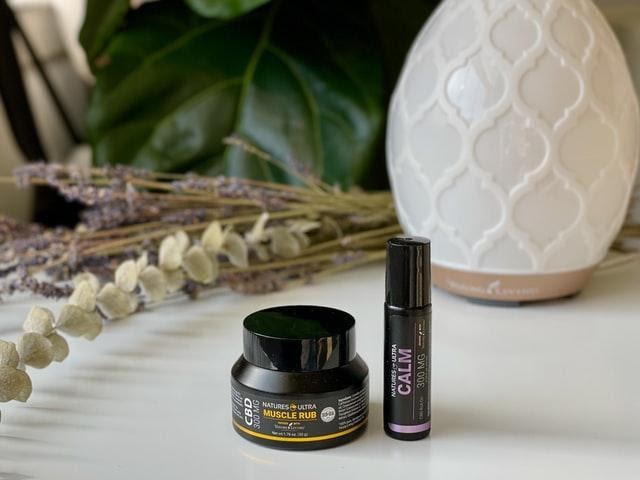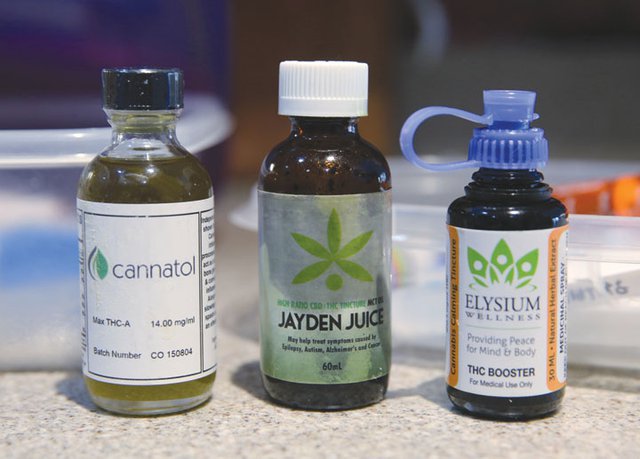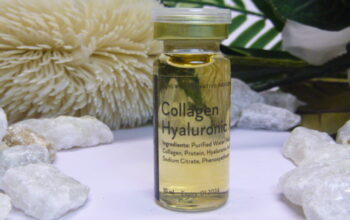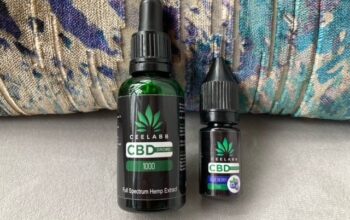Hemp has been cultivated for thousands of years for countless applications such as the production of clothing, construction materials, or for medicinal or therapeutic purposes.
It should be noted that when we talk about industrial hemp, we are not referring to them. Although they belong to the same family, their chemical composition is totally different.
Industrial hemp contains practically no tetrahydrocannabinol (the phytocannabinoid that produces psychoactive effects, which is related to traditional hemp), its level is equal to or less than 0.2% and its plant are taller, thicker, and with less foliage than hemp. Moreover, as they are produced for different purposes, industrial hemp usually requires different growing conditions.
A plant with a long history
Hemp was one of the earliest cultivated plants in history. The earliest evidence of hemp use dates back to around 8000 BC at an archaeological site near Japan. The crop was used to make clothing, ropes, shoes, or paper.
From 800 B.C. to 200 B.C. hemp and its by-products were the focus of a very favorable trade. By 500 A.D., hemp had spread throughout Europe and Asia, where it was used for ropes, textiles, and medicines, among many other applications.
In the United States, 80% of the world’s fabric and textile needs came from hemp until the 20th century. At its peak, hemp received harsh criticism and accusations. Crops were associated with drug addiction and, in the mid-20th century, harsh restrictions were approved in the United States, which subsequently spread throughout the world.
The same thing happened in Spain, industrial hemp was used until the middle of the 20th century, when cultivation began to be restricted for the same reasons. The confusion of industrial hemp cultivation caused the latter to fall into oblivion.
Products obtained from industrial hemp
The first and most important for us is hemp fiber. It possesses a number of unique properties that make it ideal for hemp clothing.
Hemp fiber is one of the most durable, strongest, and softest fibers in the plant world. Humans discovered centuries ago how to make yarn, rope, and fabrics from hemp fiber. To find more information about oklahoma dispensaries, please visit their page to get more useful info.

Other characteristics that make industrial hemp fabric such a feat are, for example, its thermogenic properties, which facilitate self-regulation of body temperature, its bactericidal properties, making clothes smell much better for longer, and even the nature of hemp fibers, which make them very effective in blocking the sun’s harmful ultraviolet rays, with 95% protection.
Other products that can be extracted from industrial hemp are the flower, which is harvested by hand and has medicinal uses, beer fermentation, infusions, etc. Then we have the hemp seed, which is used for food, and finally, we obtain the straw, which is composed of cellulose and fiber, the former is used to produce paper, biomass, bioethanol, etc.
Industrial hemp applications
The most common uses of industrial hemp are in the manufacture of clothing and paper, but industrial hemp has many other applications that may surprise you.
One of the industries in which industrial hemp is most frequently used is the textile industry, which uses hemp fibers to make hemp fabric, hemp clothing, or accessories that serve all seasons of the year, with the potential for its fibers can be made thicker or thinner fabric, depending on the purpose of the garment.
Hemp fiber is considered the longest (three times longer than cotton), softest, and most resistant textile fiber of vegetable origin on the planet.
It is also cooler thanks to the fact that being a porous fiber, hemp fabric favors breathability and ventilation. It is also absorbent and above all very durable, because the plant structure of hemp fiber gives the fabrics very versatile properties, being light, flexible, and with high resistance to adverse effects (you can discover more properties here).
Industrial hemp is also widely used in the food sector. Nowadays there is a strong demand for hemp seeds due to their high nutritional value, they contain high levels of protein, calcium, and iron, among other properties. It can also be used to make milk or oil, in fact, hemp oils come from these seeds and are beneficial to health, as they are rich in omega 3 and 6.
One of the star products of industrial hemp is hemp seeds (known as hempseeds), they are the vegetable food with the highest protein value (up to 34%) and essential fatty acids. It is also very useful in the prevention of arthritis and rheumatism, among a large number of other conditions, and is considered the most complete food that can be found in a single plant.





